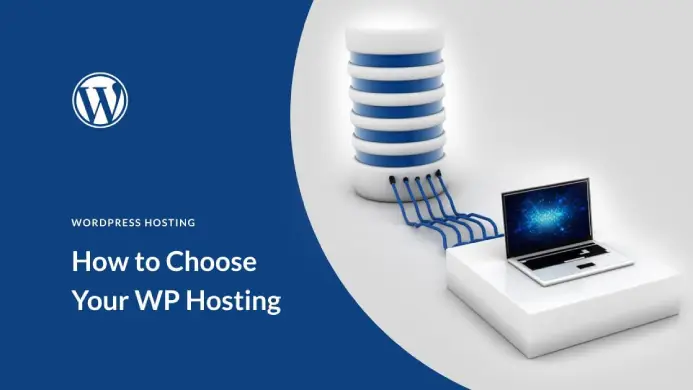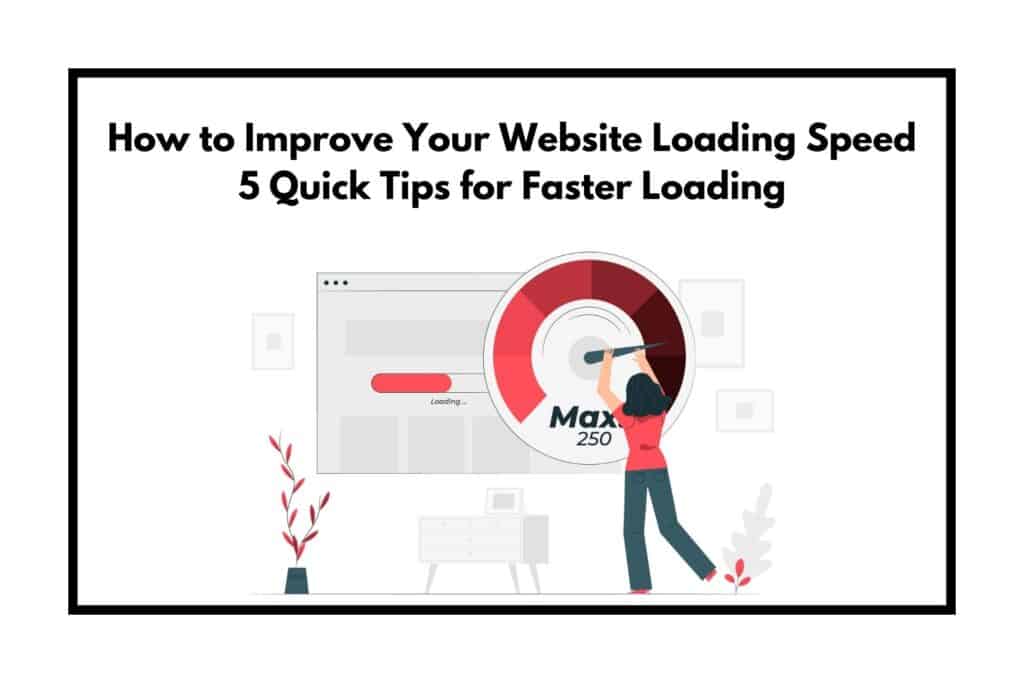
When it comes to running a successful WordPress website, selecting the right hosting provider is one of the most critical decisions you’ll make. The quality of your hosting impacts website performance, security, user experience, and even search engine rankings. In this detailed guide, we will explore everything you need to know about WordPress hosting, from the types available to the key features and a curated list of the best providers in the market.
What is WordPress Hosting?
WordPress hosting refers to web hosting services that are optimized specifically for WordPress websites. Unlike general hosting services, WordPress hosting includes features and configurations tailored to enhance the performance and functionality of WordPress websites. This may include faster loading speeds, enhanced security measures, and WordPress-specific support.
Types of WordPress Hosting
Understanding the different types of WordPress hosting is essential in choosing the right plan for your needs. Here are the most common types:
1- Shared WordPress Hosting

Shared hosting is the most affordable and beginner-friendly option
Shared hosting is the most affordable and beginner-friendly option. In this setup, your website shares server resources like CPU, RAM, and storage with multiple other websites. While this keeps costs low, it can also lead to slower performance during high-traffic periods.
Pros: Cost-effective, beginner-friendly.
Cons: Limited resources, lower performance during traffic spikes.
2- VPS Hosting

Virtual Private Server (VPS) hosting offers a middle ground between shared hosting and dedicated servers. With VPS hosting, you still share a physical server but have allocated resources dedicated exclusively to your site. This ensures better performance and scalability.
Pros: Improved performance, dedicated resources.
Cons: More expensive than shared hosting, requires technical expertise.
3- Managed WordPress Hosting
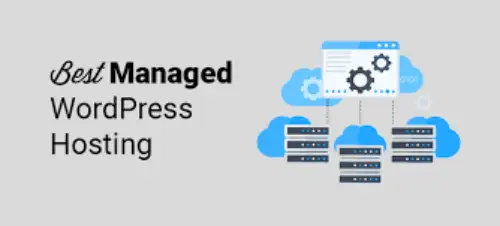
Managed hosting is designed for those who want a hands-off approach. The hosting provider handles all technical aspects, including updates, backups, and security, allowing you to focus solely on content and growth.
Pros: Stress-free, optimized performance.
Cons: Higher cost.
4- Dedicated WordPress Hosting
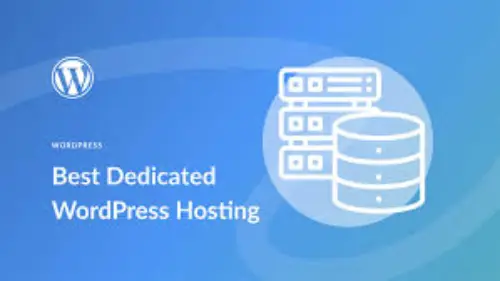
With dedicated hosting, you get an entire server exclusively for your website. This option is ideal for large enterprises with high traffic and complex requirements.
Pros: Maximum performance and control.
Cons: Expensive, requires server management expertise.
5- Cloud WordPress Hosting
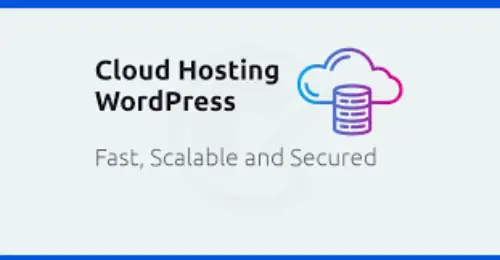
Cloud hosting utilizes multiple servers to distribute resources dynamically. This ensures that your website remains stable and performs well, even during traffic surges.
Pros: Scalability, high uptime.
Cons: Costs can vary based on usage.
Important and best features of WordPress that you should know !
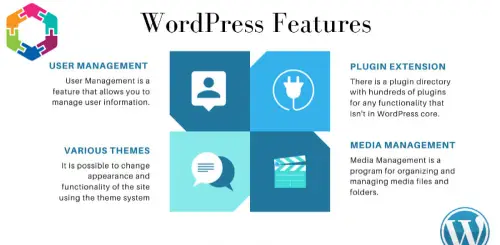
When evaluating WordPress hosting providers, keep an eye out for these critical features:
- Performance and Speed: Speed is crucial for user experience and SEO. Look for hosting providers that use advanced technologies like SSD storage, CDN integration, and caching solutions to deliver lightning-fast loading times.
- Uptime Guarantee: Uptime refers to the percentage of time your website remains accessible. A reliable hosting provider should offer an uptime guarantee of at least 99.9%.
- Security Features: Protecting your website from malware, DDoS attacks, and unauthorized access is essential. Seek providers that include firewalls, regular malware scans, and free SSL certificates.
- Scalability: As your website grows, your hosting needs will change. Opt for a provider that allows easy upgrades to more advanced plans or server configurations.
- Customer Support: 24/7 customer support via live chat, email, or phone is a must. Knowledgeable support staff can make a huge difference during technical issues.
5 The best WordPress hosting providers
1- Bluehost

Overview: Bluehost is officially recommended by WordPress.org and is one of the most popular choices for hosting WordPress websites.
Key Features: Free domain, one-click WordPress installation, 24/7 support.
Ideal For: Beginners and small businesses.
2- SiteGround

Overview: Known for its exceptional customer service and performance, SiteGround is another top-tier WordPress host.
Key Features: Free CDN, daily backups, managed updates.
Ideal For: Developers and advanced users.
3- WP Engine

Overview: WP Engine specializes in managed WordPress hosting, offering unparalleled performance and support.
Key Features: Advanced caching, staging environments, 24/7 support.
Ideal For: High-traffic websites and enterprises.
4- HostGator

Overview: HostGator offers affordable WordPress hosting plans with easy scalability.
Key Features: Free website migration, unmetered bandwidth.
Ideal For: Budget-conscious users.
5- Kinsta

Overview: Kinsta leverages Google Cloud’s premium tier network for unmatched speed and security.
Key Features: Automatic backups, hack fixes, high-speed performance.
Ideal For: Professional and enterprise websites.
How to choose the right host for WordPress
Assess Your Needs: Start by identifying your website’s requirements. Consider factors like expected traffic, budget, and technical expertise.
Compare Pricing Plans: Analyze the cost of hosting plans and ensure they align with your budget. Remember to factor in additional costs like domain registration and premium add-ons.
Test Customer Support: Reach out to the hosting provider’s support team with a few queries. Their response time and helpfulness can reveal a lot about their service quality.
Read Reviews: User reviews and expert opinions can provide valuable insights into a hosting provider’s reliability and performance.
What are the key points for optimizing WordPress hosting performance?
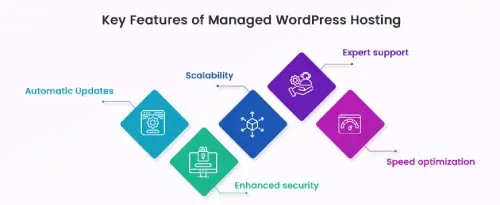
Even with the best hosting, proper optimization can further enhance your website’s speed and functionality:
1- Use a Caching Plugin: Tools like WP Rocket and W3 Total Cache can significantly improve loading times.
2- Optimize Images: Compress images before uploading to reduce file sizes.
3- Enable CDN: A content delivery network (CDN) like Cloudflare can distribute your content globally, reducing latency.
4- Update Regularly: Keep your WordPress core, themes, and plugins up to date.
Conclusion:
Choosing the best WordPress hosting is a foundational step in building a successful website. By understanding the types of hosting, evaluating features, and considering reputable providers, you can make an informed decision that aligns with your goals. Remember, the right hosting not only ensures your website’s performance but also provides peace of mind as you focus on growing your online presence. To further enhance your site, explore WordPress Security tips, discover essential Plugins for functionality, and check out the Best WordPress Security Plugins to keep your site safe.


